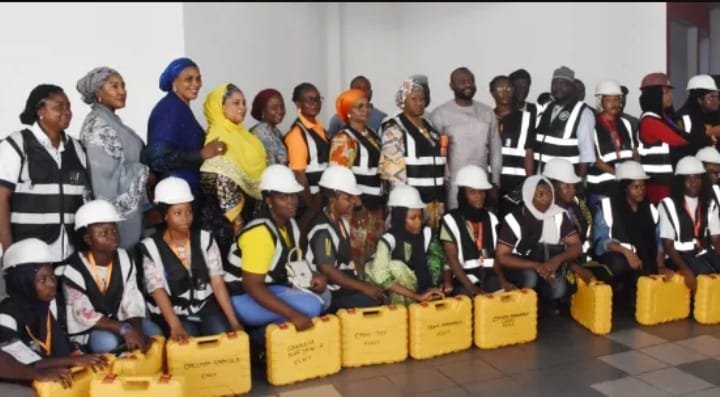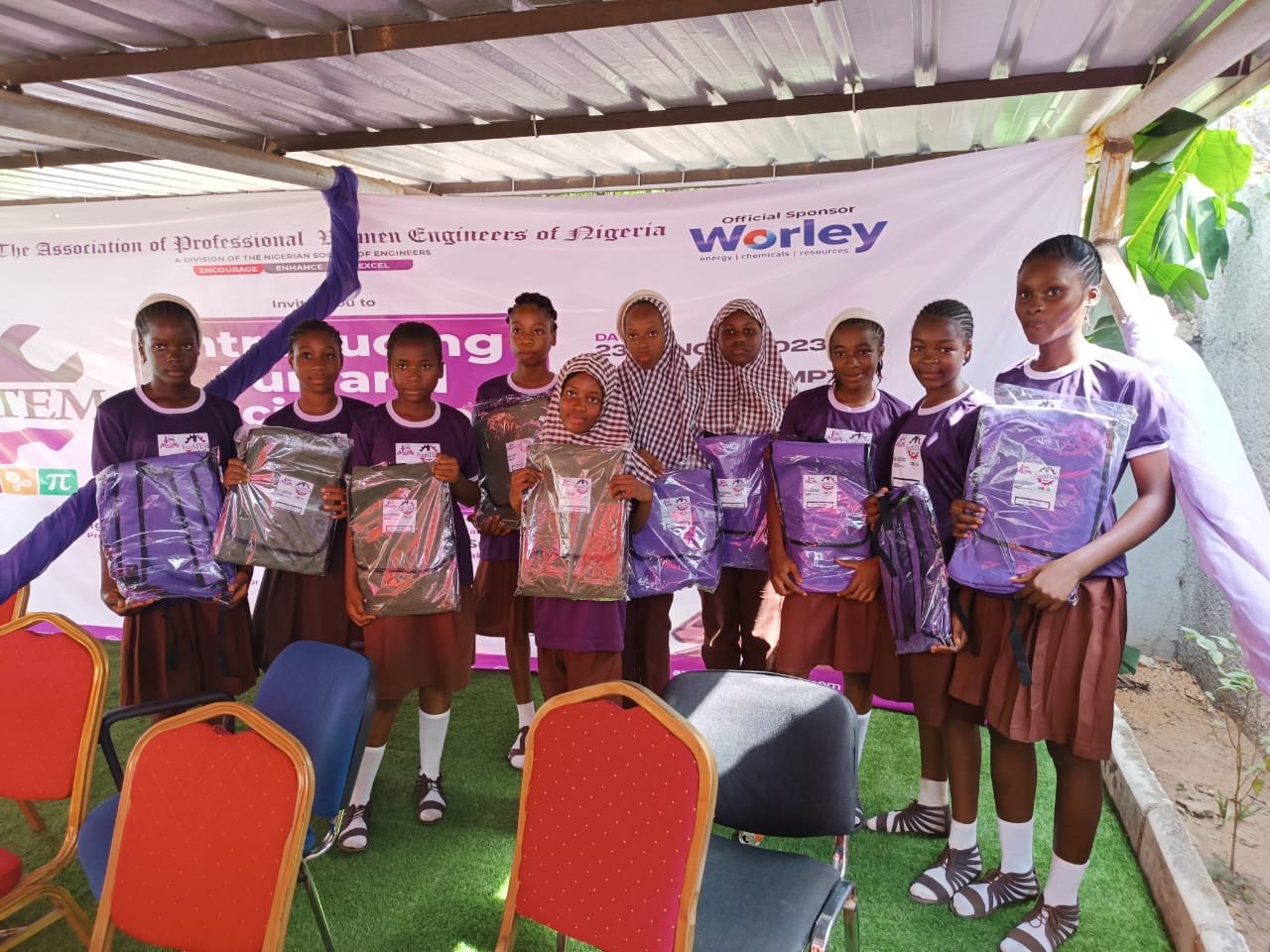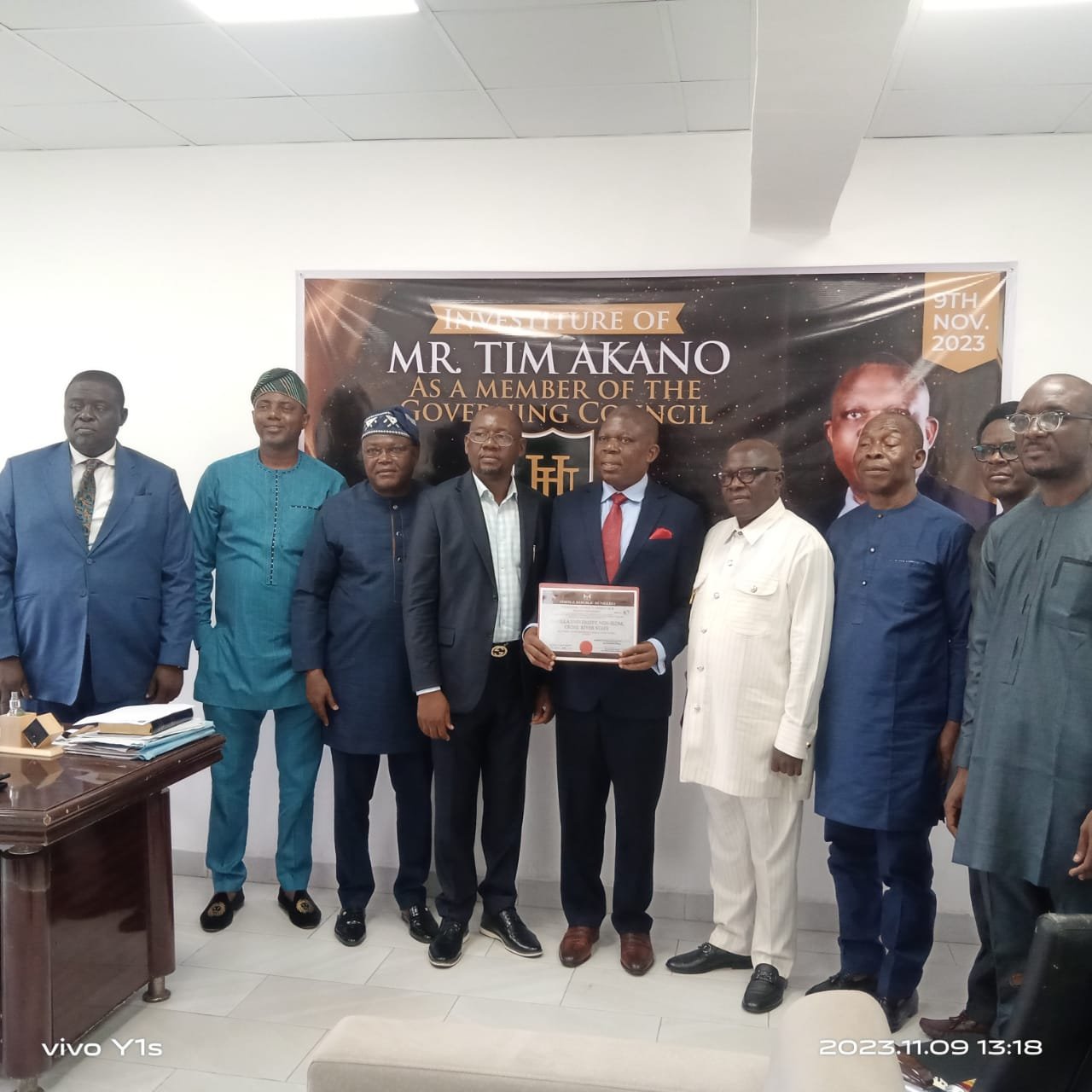Centre trains 110 women on solar installation, others
By Justina Auta
The Maryam Babangida National Centre for Women Development (MBNCWD) has trained 110 women on solar installations, maintenance, masonry and other artisanship skills to promote inclusion in male dominated fields
Dr Asabe Vilita-Bashir, Director-General of the centre, stated this at the graduation ceremony and distribution of tools on Thursday in Abuja.
She said the training was to empower women to function well in the fields, be self-sufficient and contribute to national development.
Vilita-Bashir, added that the training would also ensure that the female artisans gained access to houses in communities that restricted men from entering due to religious or cultural reasons.
She said that over 1,300 female artisans had been trained under the project to enhance sustainable livelihood and national development in line with the Renewed Hope Agenda of President Bola Tinubu.
” By training a new corps of skilled female artisans who will in turn have access to affordable, and excellent basic required skills in today’s construction industry in collaboration with the Association of Professional Female Builders of Nigeria.
“Moreover, they will address basic artisanship needs in the rural communities, especially in areas where men are not allowed to enter places habited by women for cultural and religious reasons,” she added.
Vilita-Bashir while advising the beneficiaries to utilise the skills and equipment freely given to them, urged partners to support the centre to set up businesses for their students.
Mrs Ebi Emezue, the centre’s Director on Training encouraged the participants to be outstanding and utilise the skills learnt towards excelling in the male dominated field.
Emezue, also warned beneficiaries against selling the working tools, adding that the organsation will conduct continuous monitoring to encourage, bring business and ensure the essence of the training is achieved.
Miss Felicia Waziri, who spoke on behalf of other beneficiaries, expressed appreciation to the government for the opportunity given to them to participate in the two weeks training.
Waziri assured the management of the center that they will make good use of the tools, and the training acquired to better their lives, train others, as well as contribute to national development. (NAN)(www.nannews.ng)
======
Edited by Joseph Edeh














